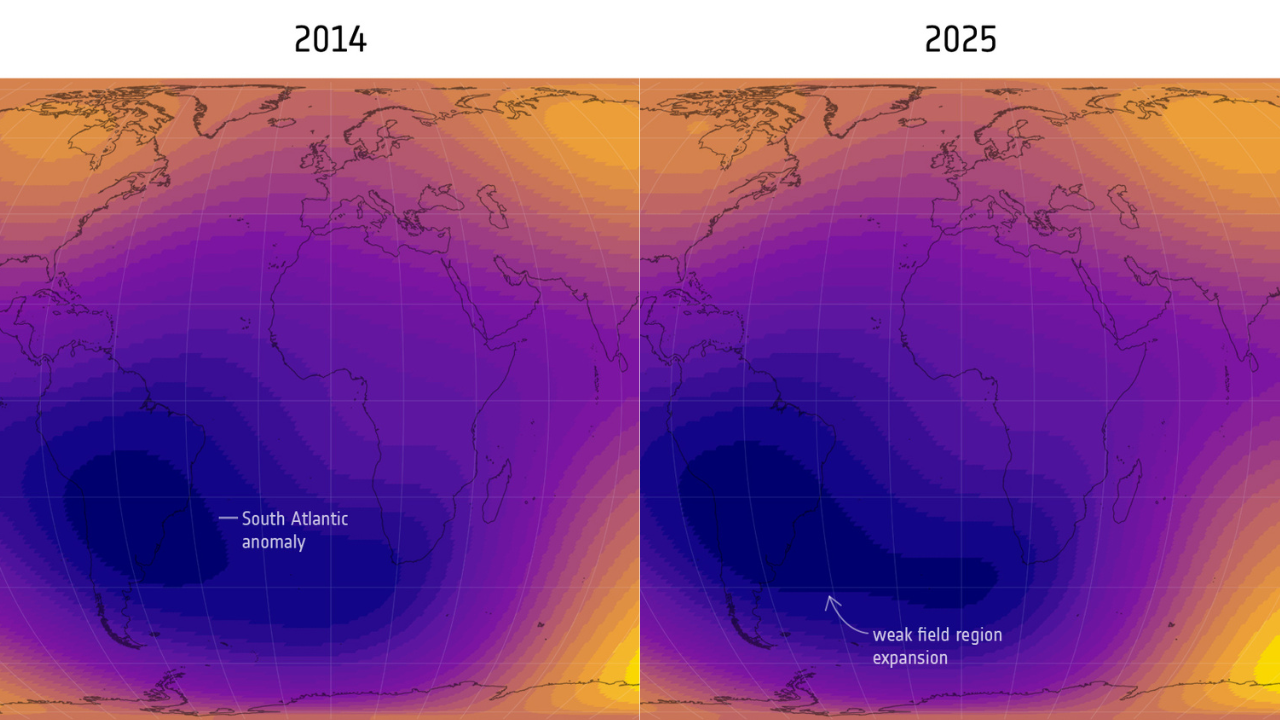Washington
—
The Trump administration’s trade agreements with a handful of countries are helping Americans feel somewhat more confident about the economy’s health and its future.
Consumer confidence climbed 2 points this month to a reading of 97.2, the Conference Board said Tuesday, showing people’s attitudes about the economy have stabilized after deteriorating sharply during the spring when Trump unveiled massive tariffs that threatened to jack up prices and weaken the labor market.
But consumer confidence has recovered somewhat since then. The stiff levies Trump unveiled in April have been delayed several times and the administration said it has brokered trade agreements with seven countries, including China, the United Kingdom and Japan.
Earlier this week, the Trump administration announced that it negotiated the contours of a trade agreement with the European Union, one of America’s biggest trading partners, describing it as the “biggest deal ever made.” The survey was conducted in the weeks leading up to July 20, so it doesn’t capture perceptions of the EU trade deal.
“Consumer confidence has stabilized since May, rebounding from April’s plunge, but remains below last year’s heady levels,” said Stephanie Guichard, senior economist of global indicators, at The Conference Board. “Tariffs remained top of mind and were mostly associated with concerns that they would lead to higher prices.”
This month’s increase in consumer confidence was driven by people older than 35 and Republicans, who soured on the economy in June, according to a release.
The survey’s Expectations Index, capturing people’s outlook on income, business conditions and hiring, saw an even greater increase than the headline figure in July, rising 4.5 points from the prior month to 74.4.
Since the beginning of the year, Americans have fretted over the possibility of higher inflation because of Trump’s trade war. Those fears haven’t gone away, according to the Conference Board’s latest survey.
But inflation has remained somewhat tame, according to the Consumer Price Index, with only a few categories seeing prices pick up. That’s because some businesses have chosen to absorb higher costs, and many are still stocked up with inventory they front-loaded in the beginning of the year to beat tariff-induced price increases, economists say.
However, it may just be a matter of time until inflation accelerates faster and more broadly as inventories dry up and businesses feel more acutely the sting from tariffs. That could prompt consumer confidence to tumble, just as it did in the summer of 2022 when inflation was raging at a four-decade high.
“Inflation has come into better balance this year — but signs of renewed price pressure are starting to emerge,” Lauren Goodwin, economist and chief market strategist at New York Life Investments, said in a note to clients on Tuesday.
“Goods prices in categories sensitive to trade policy — such as consumer electronics, apparel, and auto parts — have started to edge higher,” she added. “Steep tariffs often create visible economic pain – disrupting supply chains and suppressing demand.”

